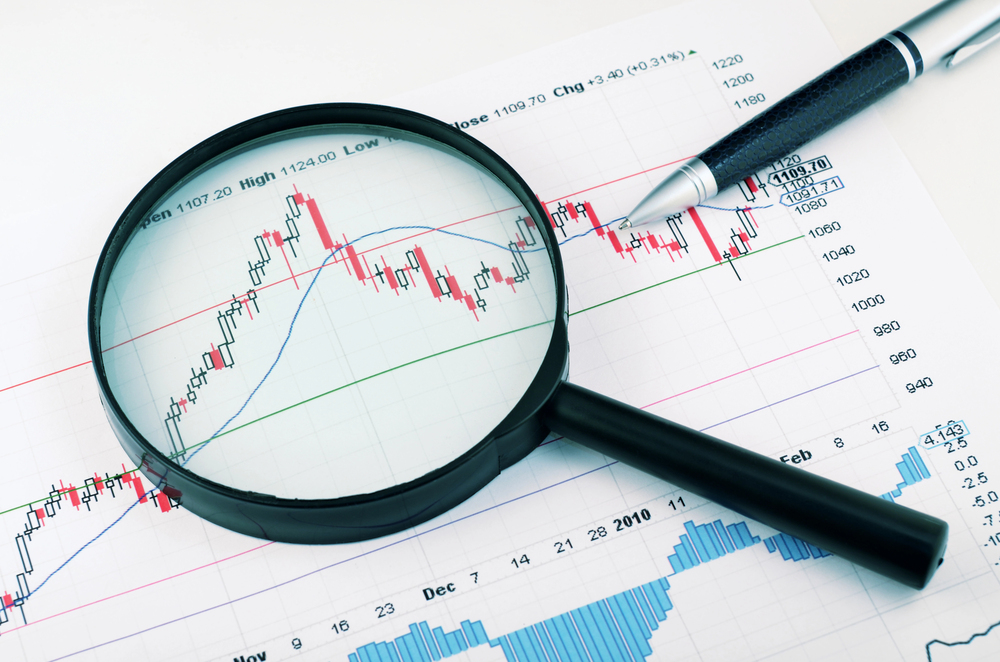Why this overlooked skill might be the difference between blowing or growing your account
As we’ve been sharing, doors to our brand-new First 40 Trading Club open next week.
A little secret? I’ve actually been quietly building and beta testing this membership with 50+ of our own Tribe members since early June.
We’ve had Q&A sessions, shared feedback, and in one of those recent calls, a trader asked something that really stuck with me — and I want to pass it on to you.
This trader scalps one-minute charts. Very short-term. High focus. Fast moves.
They asked:
“What can I include in my trading plan to help remove distractions?”
It was a great question!
So I pulled up my own trading plan and walked through the specific features I personally use to stay focused — not just to prepare for trades, but to stay mentally present during the segment of the day that I’m trading
But then came the real kicker.
Once I shared some of my distraction-removal tactics, they followed up with this:
“If I’m watching the market… and there isn’t a trade… what am I supposed to do?”
And my answer was simple:
“Wait.”
The room got quiet.
So I expounded:

The Market Doesn’t Trend All the Time
Most traders don’t think about this until they’re already mid-trade (or mid-mistake). But:
Markets spend over 70% of the time moving sideways.
It’s what is called Consolidation, and it might show as:
- A slow upward or downward drift
- A tilting correction, away from the pre-existing uptrend or downtrend
- Or just literally flat often in a narrow price range — what I call a time correction
If you’re watching for a breakout for a new phase of trending action, and have alerts in place, then great! Your next trade opportunity might be on the way.
But if you try to force trades in those choppy zones? You’ll likely just get sliced up.
So again — waiting is part of the trading.
Think Like a Soldier, Not a Scroller
If you’re a scalper or short-term trader — and you’re sitting at your screen for 30 minutes, maybe an hour or two — then waiting isn’t a break.
It’s part of your job!
Imagine a soldier in the trenches, binoculars in hand, just below ground level.
He’s watching. Listening. Locked in.
Not checking his phone. Not chatting. Not watching training videos in the downtime.
Because when it’s go-time, there’s no warning. He has to be ready when the enemy starts to make moves.
Your job is the same.
No, it’s not glamorous. It’s not “fun.”
But neither is losing your edge because you got distracted when it mattered most.

Even I Wait. A Lot.
Even when I’m trading short-term — I mean really short-term, like the 15-second chart on the E-mini S&P 500 futures — there are stretches where I sit for 10, 20 minutes. Just…
Waiting.
Hands folded in my lap. Eyes soft. Checking on the charts now and then to make sure my audible alerts are still ready to be triggered. .
Because I’m not trying to trade the edges of a trading range. I’m looking for directional breakout setups. I’m a trend trader.
So that time spent waiting?
It’s not wasted. It’s required.
Overtrading? Reframe It.
If you’ve ever caught yourself:
- Taking random trade setups out of boredom
- In the heat of trading, adding new setups that weren’t part of your plan
- Feeling “off” because you couldn’t sit still…
Here’s the reframe I want you to try:
Waiting counts as trading.
It’s just a different part of the work. But no less important.
And once you really grasp that — not just intellectually, but in your body — your trading can start to feel more natural. More grounded. Even flowing.
Want Support with This?
Inside the First 40 Trading Club, I walk you through not just how to build your trading plan — but how to stick with it, refine it, and see what really works for you in the markets.
We’re opening to the public soon, but you can get on the Priority Notification List now to:
- Get early access
- Unlock a special bonus
- Lock in founding member pricing
Like I said we’ve already got some Beta members in there, loving it!
P.S.
If this message resonated, you might also want to go back and revisit the series we’ve been sharing on building and testing a trading plan:
- What Is a Trading Plan (And Why Most Traders Don’t Actually Have One)?
- Essential Parts of a Trading Plan
- How to Test and Prove Your Trading Plan (Without Blowing Up Your Account)
Each post walks you through a different part of the process — so you can move forward with more clarity and confidence in your own trading.
~Hima


Leave a Reply